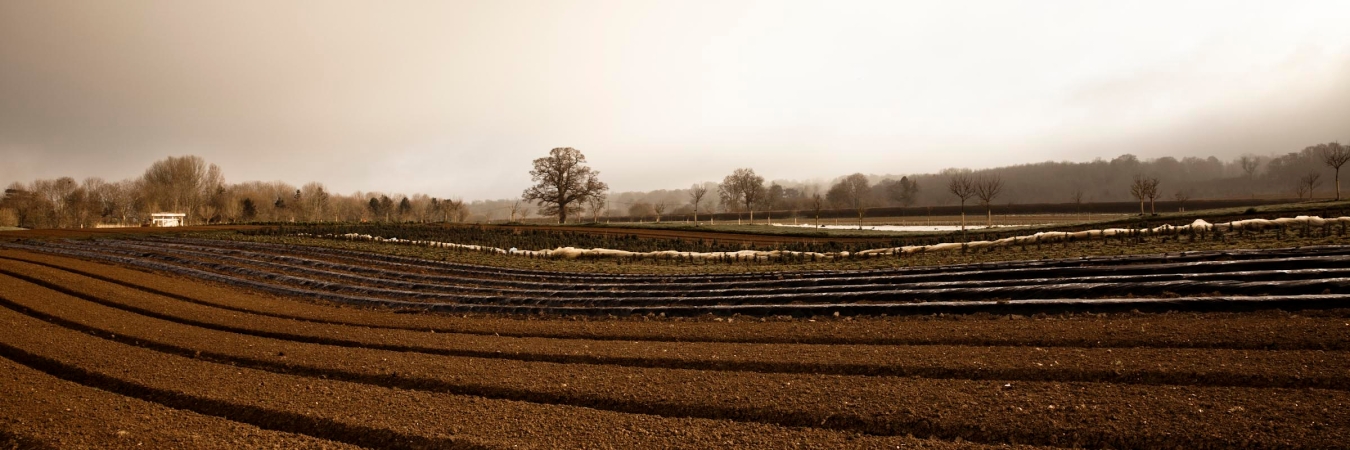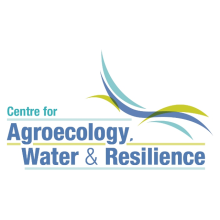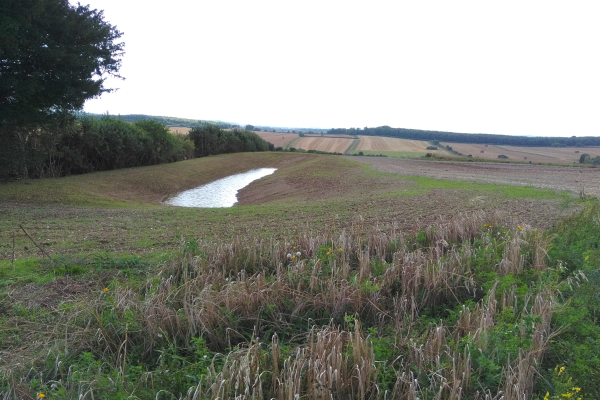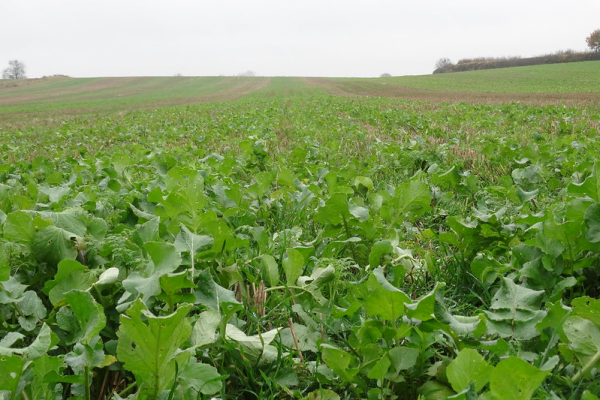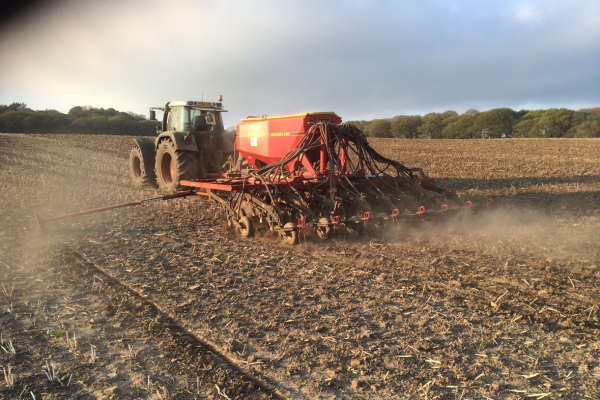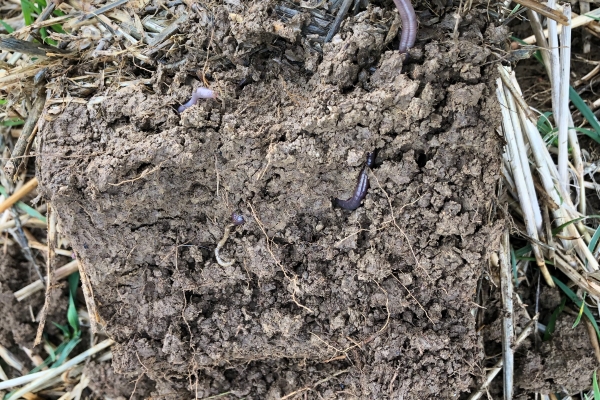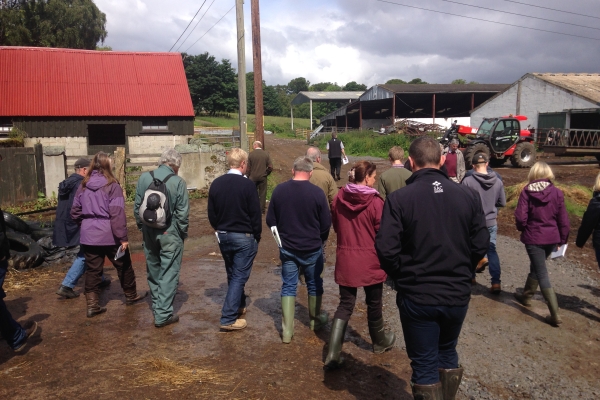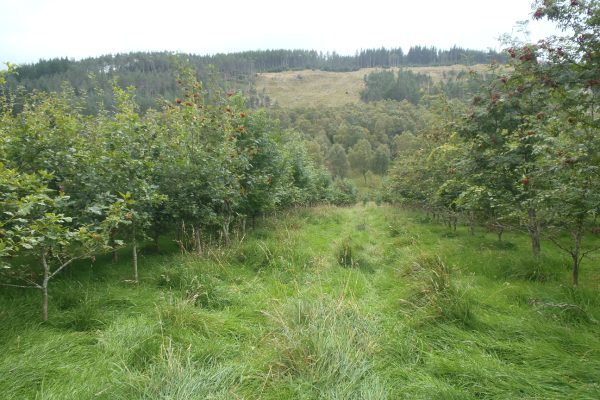Living Soils – A Call to Action
Resource explained
This Soil Association and Centre of Agroecology and Food Security report is a “call to action” for us all to take responsibility for biological, chemical and physical soil degradation. It outlines why this is important and is supported by scientific evidence and farm case studies.
It asks why we need healthy soil, defines what soil is composed of, and suggests how soils have been wrongly managed.
There are sections describing soil organisms and their essential roles within the soil ecosystem and the different ways to increase soil organic matter on your farm.
The “soil crisis” is set in global context and the level and extent of soil degradation and different types of soil degradation and their causes are described. It suggests that applying agroecological approaches provide us with a means of combating this.
Imperatives for policy makers and what each of us can do to save our soils are outlined.
Findings & recommendations
- We need soil for food, feed, fuel and fibre, storing and regulating water flow, controlling pollution, and mitigating climate change.
- Soil degradation is severe and widespread. It can lead to erosion, loss of organic matter, decreased fertility, damaged soil structure, salinisation, changes in pH, toxicity, deforestation, flooding and drought.
- Altering our management practices and repairing our soils is essential for all our futures.
- The report emphasises the importance of managing soil with soil biology and biota in mind. Species living in soil (essential to crop nutrient supply), are threatened by a range of pressures.
- It stresses the importance of moving away from practices such as continuous cultivation, monocultures, hedge removal, reliance on inorganic fertilisers, over-grazing and repeated passes with heavy machinery.
- Research is indicating that climate change is making soil degradation worse, increasing the soil’s vulnerability to wind and water erosion.
- In order to preserve and protect our soils, we need to combat physical, biological and chemical degradation, improve soil processes and nutrient sourcing, improve our management of water in soils, and better understand and protect soil biodiversity. This report advocates applying ecological concepts and principles to the design and management of sustainable agricultural ecosystems in order to achieve this.
